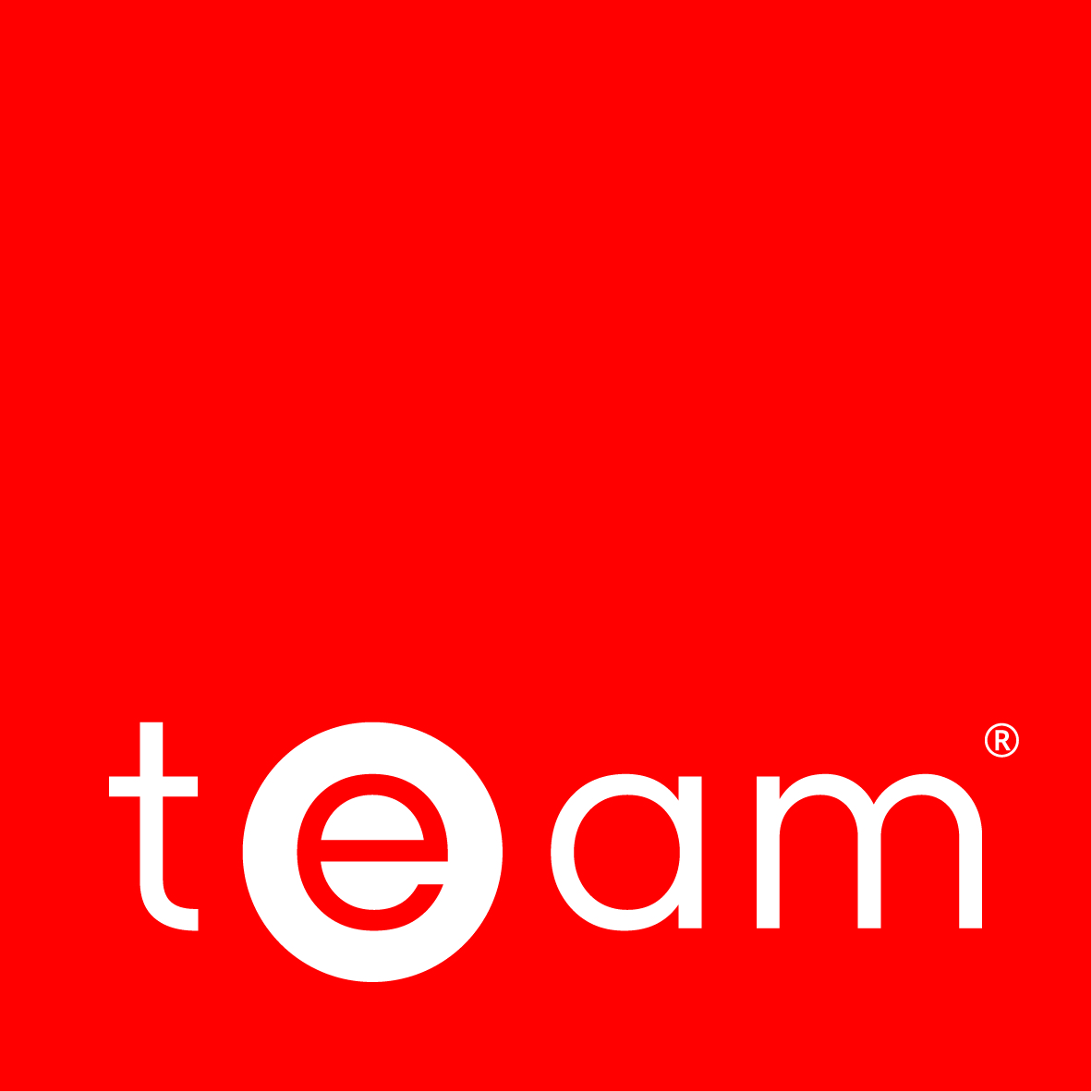The Building and Engineering Services Association has revised its Guide to Good Practice: Heat Metering for the RHI thanks to TEAM’s Justine Grant.
The heat metering guide provides easy-to-read tips in ten chapters, with a clear index to help readers dip into its pages for specific types of information. The book covers the design, specification, installation commissioning, and operating of heat meters, as well as data collection, inspecting and auditing. At the back of the guide six case studies give valuable real-world insights into the installation of biomass boilers, ground source heat pump, and solar thermal. There’s also a handy section recommending further reading.
As a Senior Energy Consultant at TEAM, Justine Grant can offer assistance in projects involving a range of energy services including the Heat Metering, RHI, Display Energy Certificates and the Energy Savings Opportunities Scheme. She is a CIBSE Low Carbon Energy Assessor Incorporated Engineer, a member of Energy Institute and a CIBSE Certified ESOS Lead Assessor.
The RHI provides a continuous income stream for 20 years to any organisation that installs an eligible renewable heating system, but this depends on meeting the Ofgem criteria.
Meter installations have to satisfy requirements on suitability, positioning, installation, calibration and accuracy – and they can be subjected to rigorous auditing by Ofgem after they’ve been accredited. The guide gives crucial guidance on how to avoid falling foul to these retirements.
Justine has written and delivered numerous training courses across the UK including RHI metering requirements and Understanding Heat Metering (Heat Network Regulations 2014) on behalf of TEAM and other bodies such as CIBSE, ESTA and BESA.
To order the new Guide to Good Practice: Heat Metering for the RHI please visit www.b-espublications.co.uk or call B&ES Publications on 01768 860405.
